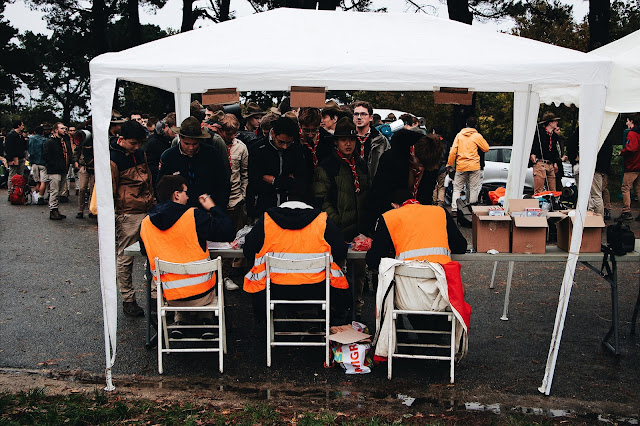Volunteering
allows you to connect to your community and make it a better place. Even helping
with the smallest tasks can make a real difference to the lives of people,
animals, and organizations in need. Volunteering is a two-way street: It can
benefit you and your family as much as the cause you choose to help.
Volunteering gives you the opportunity to practice and develop your social
skills, since you are meeting regularly with a group of people with common
interests. Volunteering provides many benefits to both mental and physical
health. I have volunteered on the Healthy RC initiative since 2008 as part of
the Steering Committee and was delighted to see that The National
Civic League presented the City of Rancho Cucamonga as one of the 10
All-American City award winners on August 20, 2020. This honor recognizes Rancho
Cucamonga's work in inclusive civic engagement to address health and
well-being and create stronger connections among residents, businesses, and
nonprofit and government leaders.
Volunteering helps counteract the effects of stress, anger, and
anxiety. The social contact aspect of helping and working with others can
have a profound effect on your overall psychological well-being. According to huffpost.com, nothing relieves stress better than a
meaningful connection to another person. Volunteering combats depression
and keeps you in frequent contact with others by helping you develop a solid
support system, which in turn protects you against depression. Volunteering makes you happy. By measuring
hormones and brain activity, researchers have discovered that being helpful to
others delivers immense pleasure. Human beings are hard-wired to give to
others. Remember when we were taught to
be good neighbors and do an unselfish deed such as take in your neighbors trash
cans without being asked, bring over a meal for a neighbor who is ill or rake
the leaves for a neighbor who is elderly? The more we give, the happier we
feel. Volunteering increases
self-confidence when we are doing good for others and our community, which
provides a natural sense of accomplishment.
 |
| Maël BALLAND |
Volunteering provides a sense of purpose, especially for older
adults, who have retired or lost a spouse, many can find new meaning and
direction in their lives by helping others. Whatever your age or life
situation, volunteering can help take your mind off your own worries, keep you
mentally stimulated, and add more meaning to your life. Volunteering helps you
stay physically healthy. Studies have found that those who volunteer have
a lower mortality rate than those who do not. Older volunteers tend to walk
more, find it easier to cope with everyday tasks, are less likely to develop
high blood pressure, and have better thinking skills. Volunteering can also
lessen symptoms of chronic pain and reduce the risk of heart disease. Whether due to a disability, a lack of
transportation, or time constraints, many people choose to volunteer their time
via phone or computer. In today’s digital age, many organizations need help
with writing, graphic design, email, and other web-based tasks. If you are
considering a new career, volunteering can help you get experience in your area
of interest and meet people in the field. Even if you are not planning on
changing careers, volunteering gives you the opportunity to practice important
skills used in the workplace, such as teamwork, communication, problem-solving,
project planning, task management, and organization.
Volunteering is a fun and easy way to explore your
interests and passions. Doing volunteer work you find meaningful and
interesting and can be relaxing, energizing escape from your day-to-day routine
of work, school, or family commitments. Volunteering also provides you with
renewed creativity, motivation, and vision that can carry over into your
personal and professional life. Many people volunteer to make time for hobbies
outside of work as well. For instance, if you have a desk job and long to spend
time outdoors, you might consider volunteering to help plant a community
garden, walk dogs for an animal shelter, or help out at a children’s camp. You
will have a richer and more enjoyable volunteering experience if you first take
some time to identify your goals and interests. Think about why you want to
volunteer and go after it. What would you enjoy doing? The opportunities that
match both your goals and your interests are most likely to be fun and
fulfilling. Please comment below.
 |
| Friends of the Pacific Electric Trail |
-Victoria Jones Friend of the Pacific Electric Trail




No comments:
Post a Comment